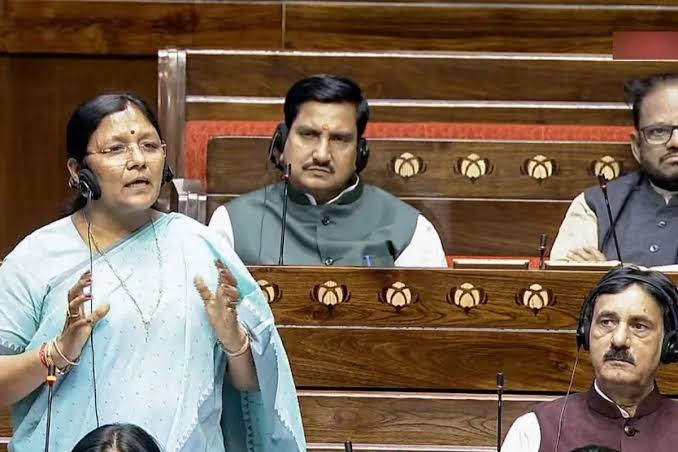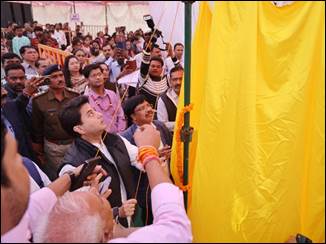The government has taken a significant step toward making public spaces more accommodating for women and children by directing various ministries and state governments to establish feeding and changing rooms in key locations. The Ministry of Women and Child Development (MWCD) has reached out to the Ministry of Road Transport and Highways (MoRTH), the Ministry of Civil Aviation, the Railway Board, and all States and Union Territories, urging them to take necessary action to ensure these essential facilities are widely available.
 Progress has already been made, with the Ministry of Civil Aviation confirming the setup of 164 feeding and changing rooms at Airports Authority of India (AAI) airports and 148 at non-AAI airports. Meanwhile, MoRTH has relayed information from state transport bodies indicating the availability of such rooms in bus stations across multiple states, including 26 locations in Telangana, two in Tamil Nadu’s Coimbatore, and 50 in Uttar Pradesh. Other regions, including Delhi, Goa, Chandigarh, and Meghalaya, have also reported initiatives in this direction.
Progress has already been made, with the Ministry of Civil Aviation confirming the setup of 164 feeding and changing rooms at Airports Authority of India (AAI) airports and 148 at non-AAI airports. Meanwhile, MoRTH has relayed information from state transport bodies indicating the availability of such rooms in bus stations across multiple states, including 26 locations in Telangana, two in Tamil Nadu’s Coimbatore, and 50 in Uttar Pradesh. Other regions, including Delhi, Goa, Chandigarh, and Meghalaya, have also reported initiatives in this direction.
Recognizing the broader need for gender-friendly infrastructure, the MWCD has issued an advisory to all ministries, departments, and state governments, emphasizing the importance of supportive spaces for women in workplaces and public areas. The advisory recommends installing sanitary pad vending machines and incinerators in washrooms, setting up designated spaces for feeding and restrooms, and ensuring that every public building with 50 or more employees includes at least one creche facility. These measures aim to create a more inclusive and supportive environment, particularly for working mothers, allowing them to balance professional and caregiving responsibilities effectively.
As part of its ongoing commitment to child welfare, the MWCD is also actively implementing the Palna scheme under Mission Shakti. This initiative focuses on providing free childcare services through Anganwadi cum Crèches (AWCCs). Currently, 11,395 AWCCs have been approved across 34 states and Union Territories based on proposals received from respective governments. By expanding such facilities, the government hopes to ensure that children receive adequate care while supporting women’s full participation in the workforce.
These developments mark a positive shift towards a more inclusive society where women’s needs in both professional and public spaces are prioritized. The concerted efforts of various ministries and state administrations signal a recognition of the challenges faced by women and mothers and a commitment to addressing them in a meaningful way.




